At the J.P. Morgan Industrials Conference, United Airlines Scott Kirby have a detailed explanation of how he believes that customers choose an airline.
Some customers choose on schedule and price. They may not value the difference in product across airlines, or may not be aware of them. To Kirby, those are basic economy customers – show them the lowest price and give them the least. (This may be a mistake, I will explain below.) Others choose on product elements. Those are the customers to fight for.
If you’re you need to think about why customers choose an airline. And broadly speaking, I think there’s two ways they choose. There’s a large set of customers who typically are infrequent, don’t travel a lot, they choose an airline based on schedule and price. That’s what we talk about in the industry a lot, schedule and price.
They’re much more commoditized customers. And there’s a large segment of the important to us. There are two we can’t ignore it. That’s what Basic Economy, in particular, has done for us. And we’ve gotten to a point where we win we’re going to win our fair share of brand of those price sensitive customers.
But the real game in airlines is to win brand loyal customers. What I mean by brand loyal, these are people that fly a lot. They’re typically not out price shopping on every flight. What do those customers care about? Well, first, they do care about schedule and price.
The price is generally on a large level the same on average, it’s the same at all the big airlines. So we kind of almost put that aside. They care about the schedule. So if you’re a brand loyal customer, you’re going to fly a lot, you live in Dallas, you may like or dislike things about American Airlines, but you’re going to be American Airlines brand loyal customer. If you live in Atlanta, you’re going to be Delta.
That typically is number one. But in all those competitive markets and most of the country is competitive, whether you’re in Chicago or New York or Los Angeles or Nashville or Grand Rapids, all of the other parts of the country that aren’t people that don’t live in those big hubs are up for grabs for brand loyal customers. What do those customers care about? Well, the schedule matters, but the schedule in most of those cases is equal between one or two airlines. So then their choice comes down to whose frequent flyer program do I like, whose club programs do I like, whose service do I like better, whose airplanes do I like better, I want to be on an airplane that has seatback entertainment, do I care about the Wi Fi.
All of those things go into the mix. And the important point about those those customers is that they are sticky. Once they decide to switch to an airline, they tend to stay there for decades or beyond. They get the credit card, they tend to stay. And the best example or a good example at least that I can use for brand loyal customers, two of the markets where we won well into double digit market share are Denver and Chicago.
And it’s not a knock on those airlines. United has done a lot of things to just win brand loyal share. But those also are two markets where we’ve had over 100% growth in credit cards from 2019 to today to last year. In five years, both well over 100% growth in credit card sign ups because as customers switch to us, they get the credit card, they’re sticky. The point of all that is those customers are sticky.
Those customers are typically choosing the best airline in any given market. If you live in Denver, you’re trying to choose the best airline. And And if you’re second place, you don’t get a fair share, you get dramatically less traffic if you’re second place. And so trying to be the number one airline for customer choice in each of the big markets we fly has been our strategy for brand loyalty.
Schedule And Price Matters, But Only In A Few Markets
Kirby argues that, to a first approximation, all of the big airlines have roughly equivalent schedules in most markets that aren’t fortress hubs. If you live in Atlanta, you’ll fly Delta. If you live in Charlotte you’ll fly American. But for cities like L.A., several airlines have a major presence. And for smaller cities, they mostly have equivalent connecting options.
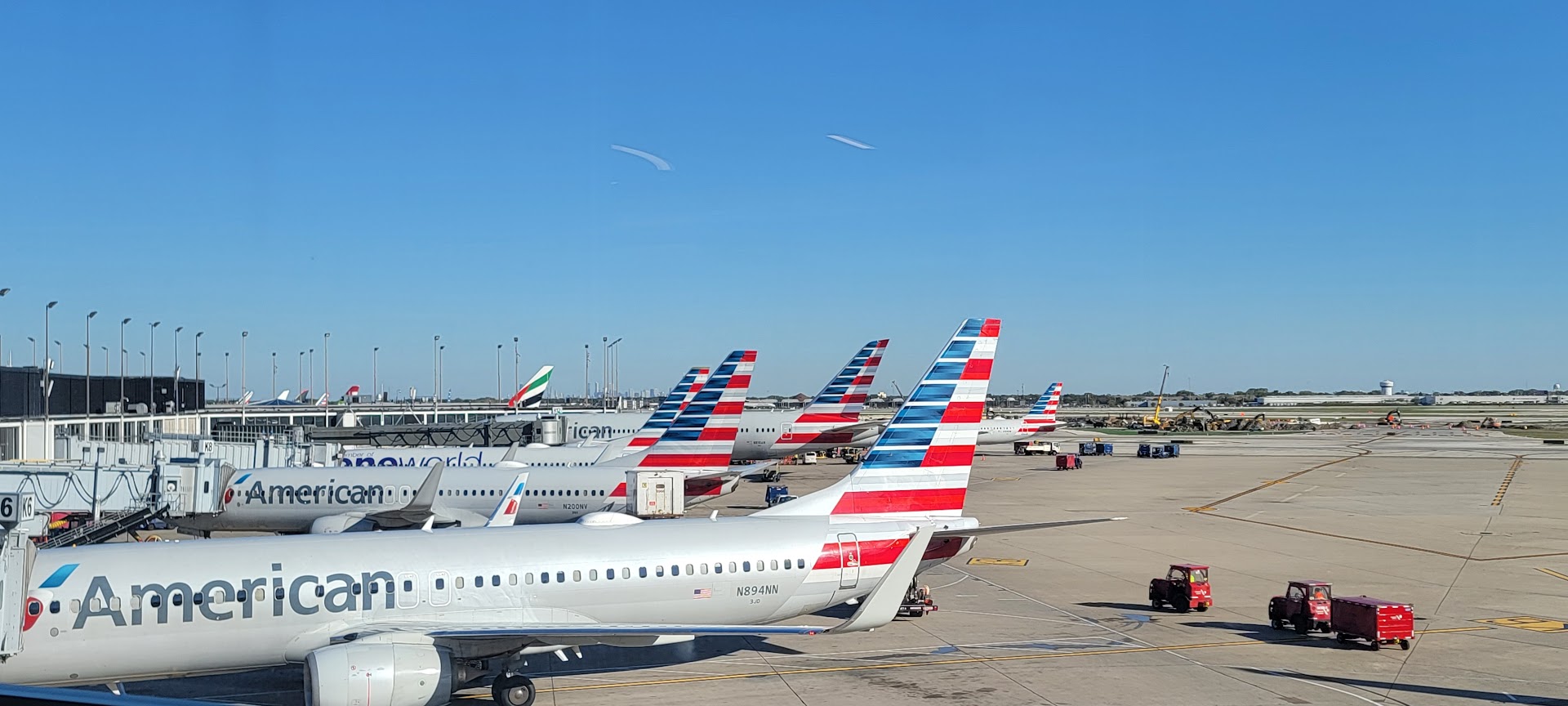
So for repeat-type customers in most of the country, you aren’t competing on schedule and price since those are roughly at parity.
And so that means competing on:
- frequent flyer program
- lounges
- aircraft interiors, entertainment and wifi
- service
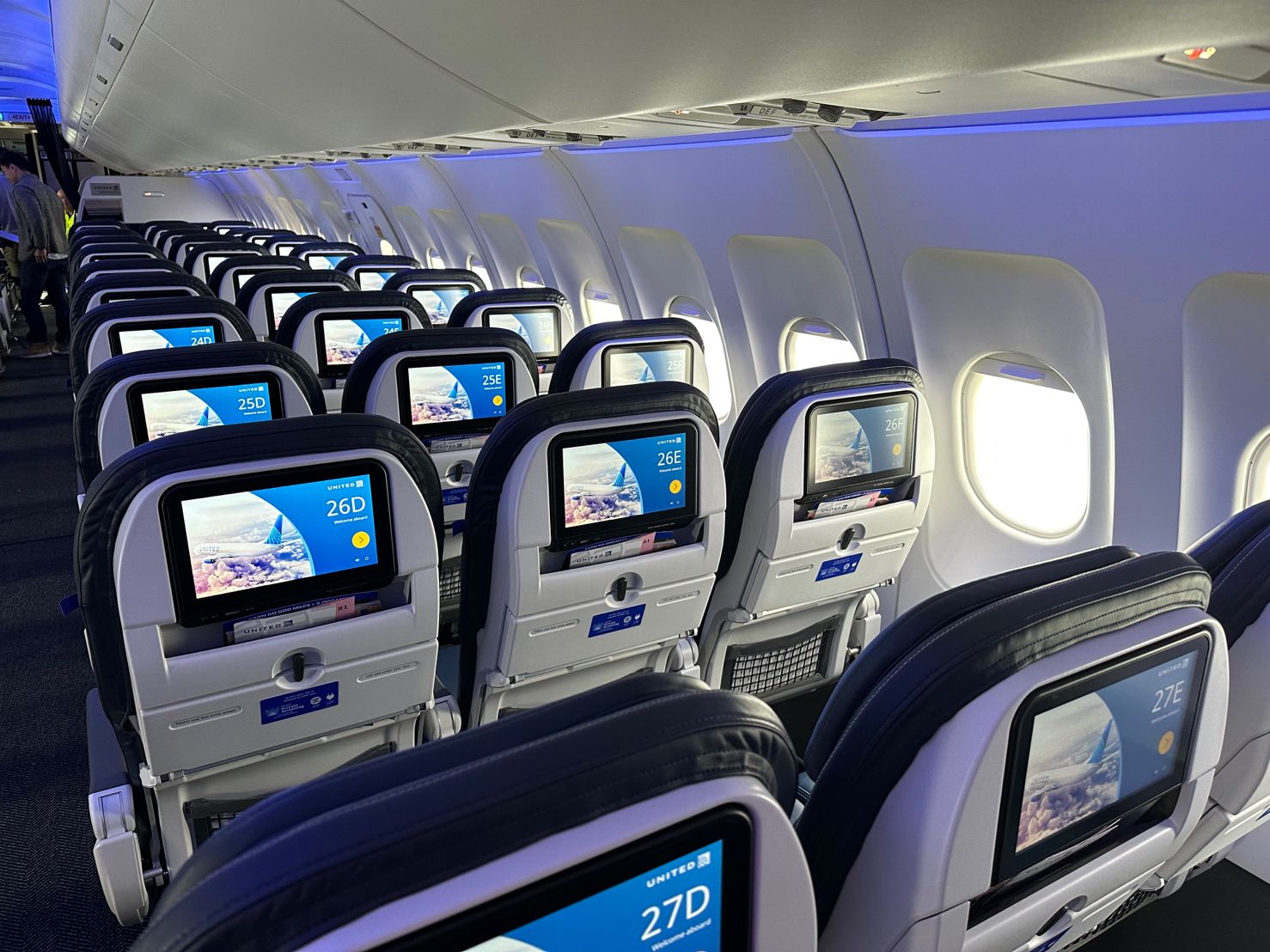
United NEXT Interior
Winning these customers is valuable not just because they spend more and take the airline’s credit card but because they stay loyal “for decades or beyond” which means the gains pay out like an annuity.
United has been offering the best product for frequent flyers in Chicago and Denver, according to Kirby, and that’s why they’ve grown co-brand credit card numbers in those markets by over 100% in five years. It’s the strategy he laid out seven years ago as a reason for upgauging the airline’s network. He argued that size in the market increased relevance and generated co-brand signups.
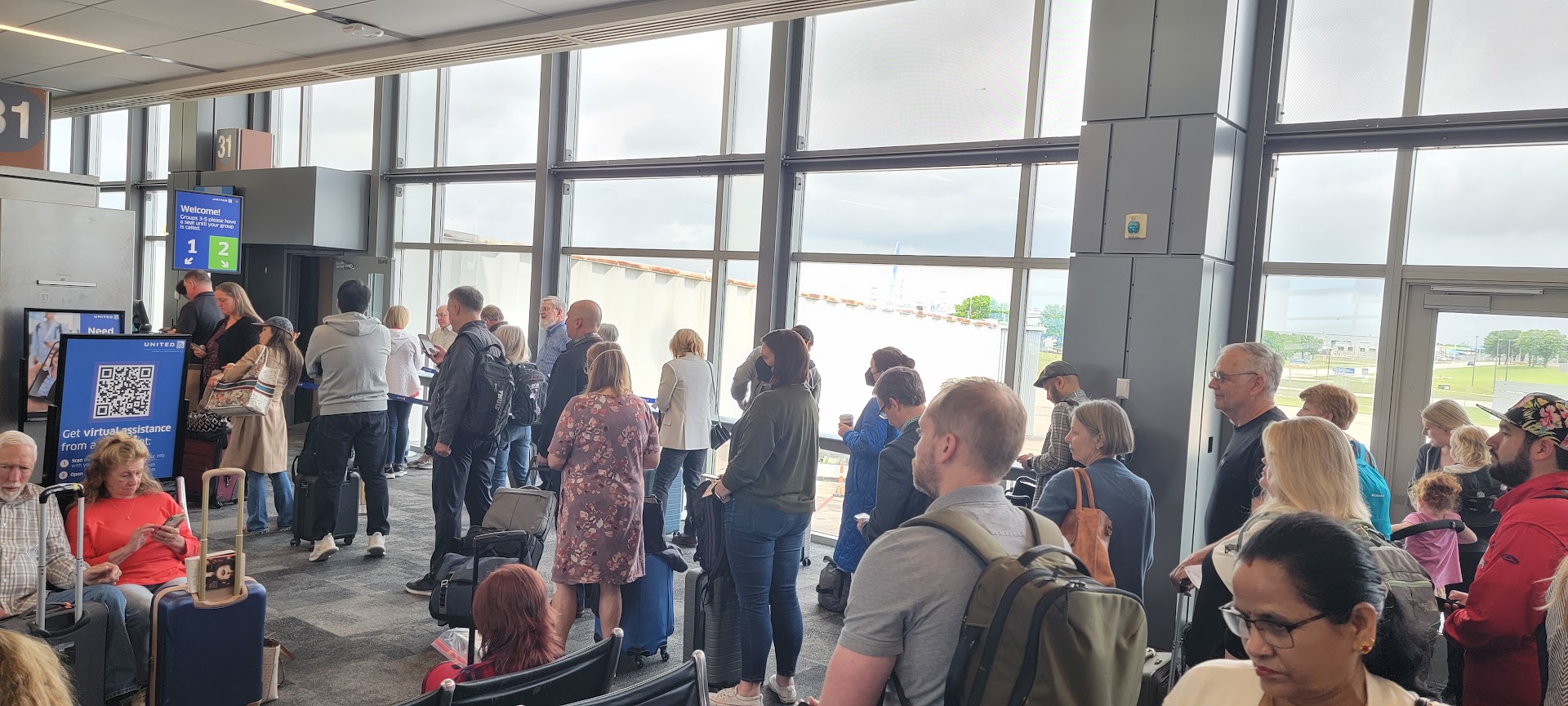
Now he’s saying that there are outsized returns to being the best option in a market for these customers – he used to talk about an airline’s ‘natural share’ of a market but his framing has shifted and says being number two in a market earns an undersized return.
The Trouble With Intentionally Offering A Poor Experience To Lowest-Fare Customers
Giving customers are not (yet) brand loyal your worst possible experience in Basic Economy seems like a lost opportunity. Making travel difficult – until recently basic economy customers traveling without a checked bag weren’t even allowed to check in online or using the mobile app – isn’t a way to win repeat business. It’s a way to get your airline crossed off the list for next time. And rewarding few (United) or no (Delta) miles for the itinerary is a way to disincentivize the customer signing up for your mileage program – which keeps you from building a direct relationship, marketing to them, and turning them into a more profitable customer.
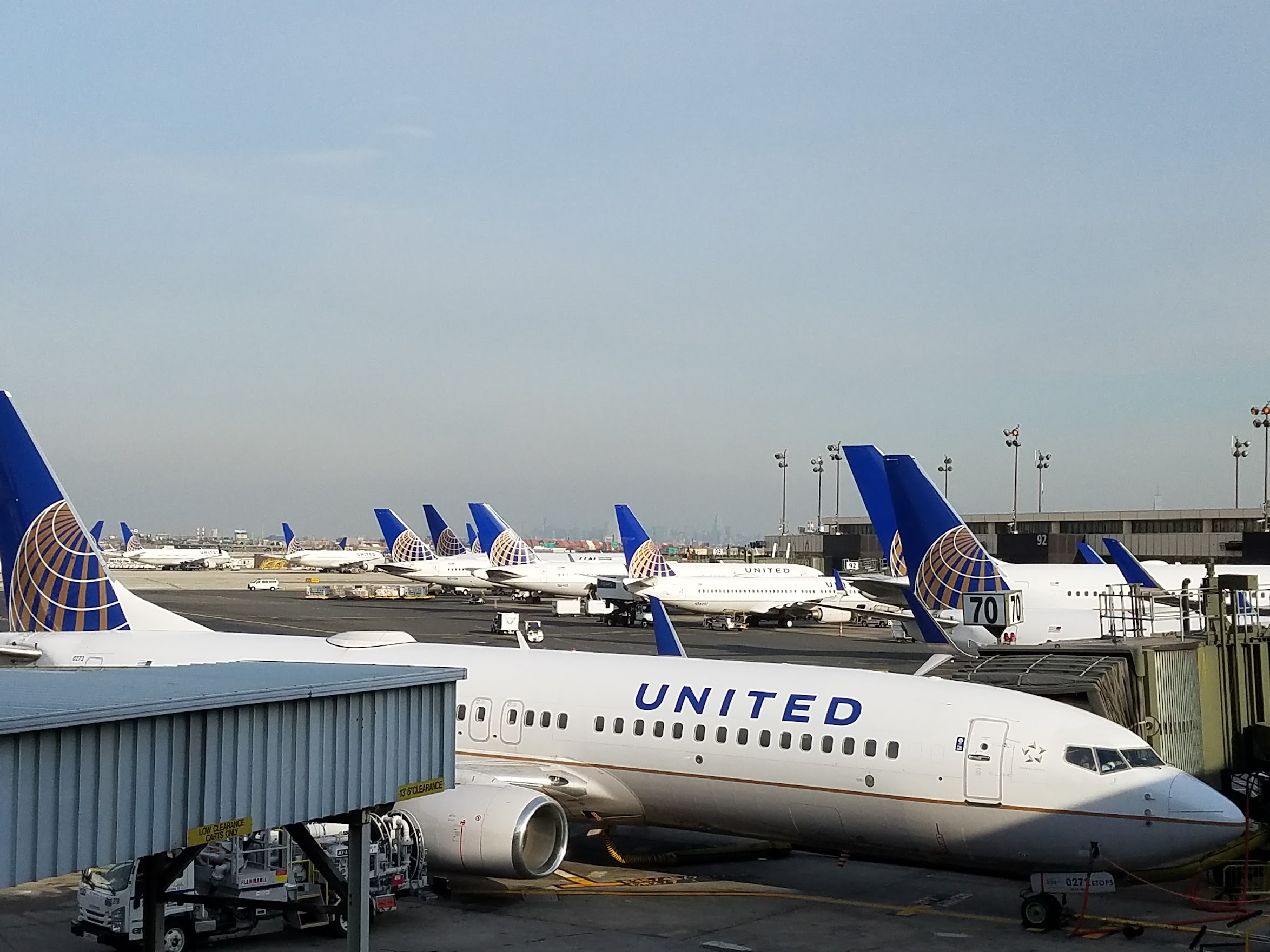
Today’s basic economy, price-sensitive customers won’t all be resource-constrained and choosing largely on price in the future.
United has increased the average size of aircraft flying domestic routes, and as a result has more unsold seats to liquidate at low fares. They see basic economy as a tool to segment customers – offer those low fares, without cannibalizing higher fare business. They’re afraid that offering a better (non-basic economy) experience to those customers would encourage their higher fare customers to spend less. And that’s probably true in many cases!
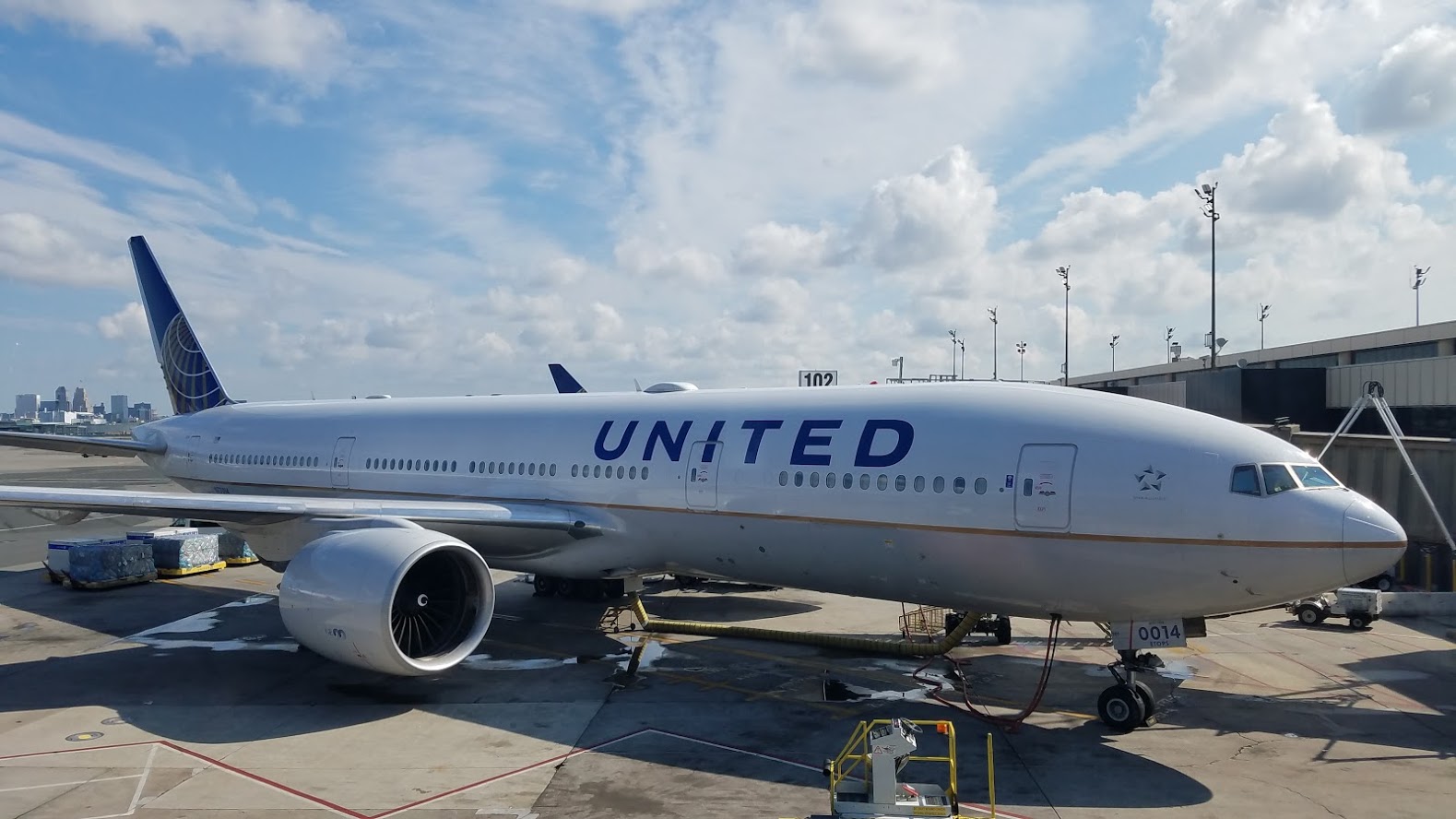
Price discrimination is hard. Airlines used to do it with Saturday night stays and 14-day (or longer) advance purchase requirements, but with so many carriers no longer imposing those they aren’t viable. Basic economy is the ‘new way’ to charge higher prices to those willing to pay more, while charging lower prices to those that aren’t. But there are downsides to the approach.
So Who is The Best For Infrequent Customers?
Let’s assume flyers in Atlanta, the Upper Midwest, and Salt Lake City are going to fly Delta. So will real New Yorkers. If you’re in Dallas, Miami, Phoenix, Charlotte, Washington D.C. or Philadelphia you’ll fly American though Dallas and Phoenix have Southwest as viable options. For those in San Francisco, Chicago, Denver, Houston, the Northern Virginia suburbs and on Staten Island will fly United (though Southwest is an option in Chicago, Denver, and Houston).
In competitive markets, where you’re choosing beyond the dominant carrier, infrequent travelers should probably avoid United. United has the most punitive basic economy fares. They won’t let you bring a full-sized carry-on onboard when traveling on a basic economy fare. That means you’ll have to check any bag, which they charge you for. In other words, United is more expensive than American and Delta flying basic economy even when the price is the same.
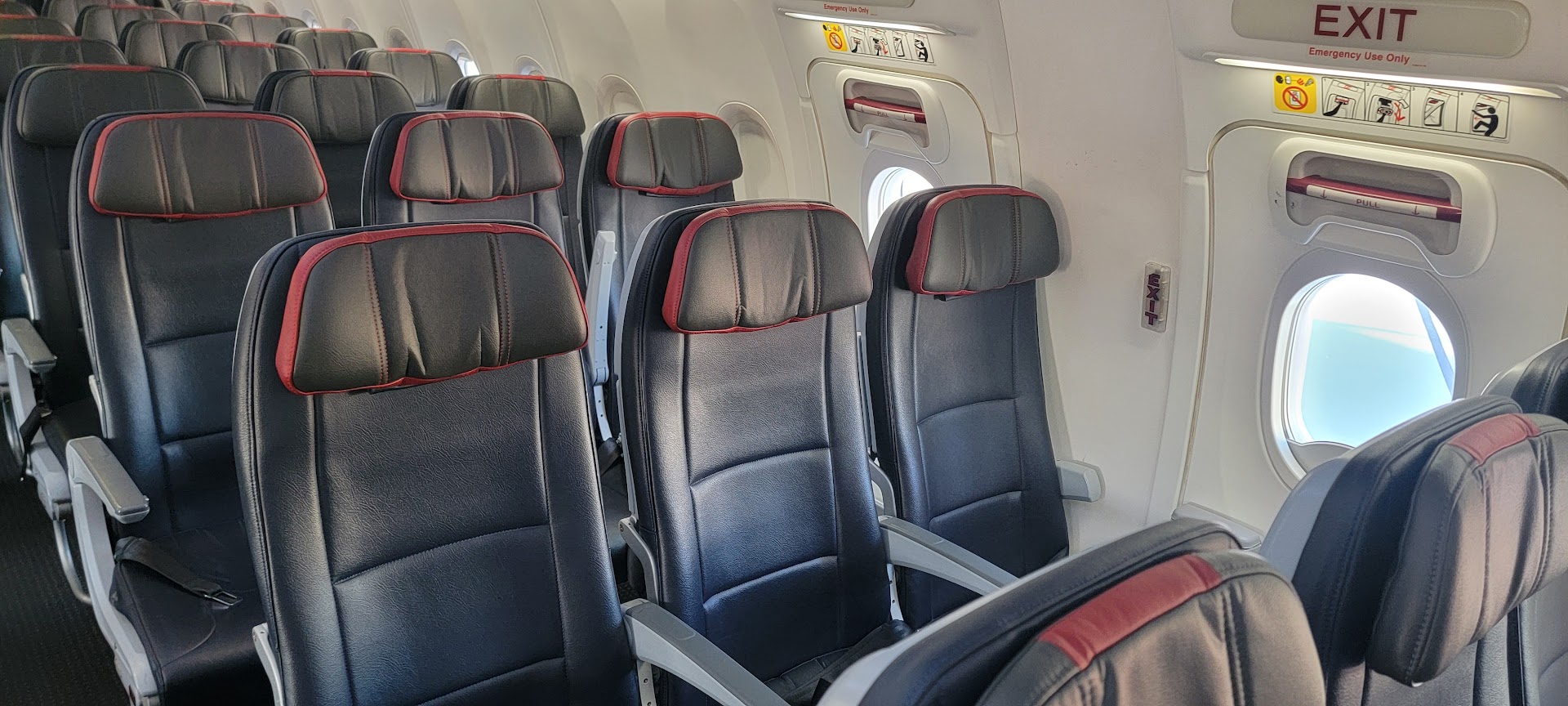
Southwest used to be best for the infrequent traveler. They didn’t have basic economy restrictions. They didn’t charge extra for checked bags, and didn’t assign you worst-in cabin seating on the lowest fare (though to position for a better seat you need to pay extra for early boarding or at a minimum check in exactly 24 hours prior to flight). But things begin to change starting May 28 and into next year, as they move to assigned (paid) seating and charge for checked bag fees.
Sometimes Southwest is more expensive, with checked bags included in the fare and no penalties for changing tickets. It often made sense for an infrequent traveler to pay, since you could cancel and Southwest trip credits didn’t expire. That matters more for someone who doesn’t fly often! But Southwest is ending that generosity, too.
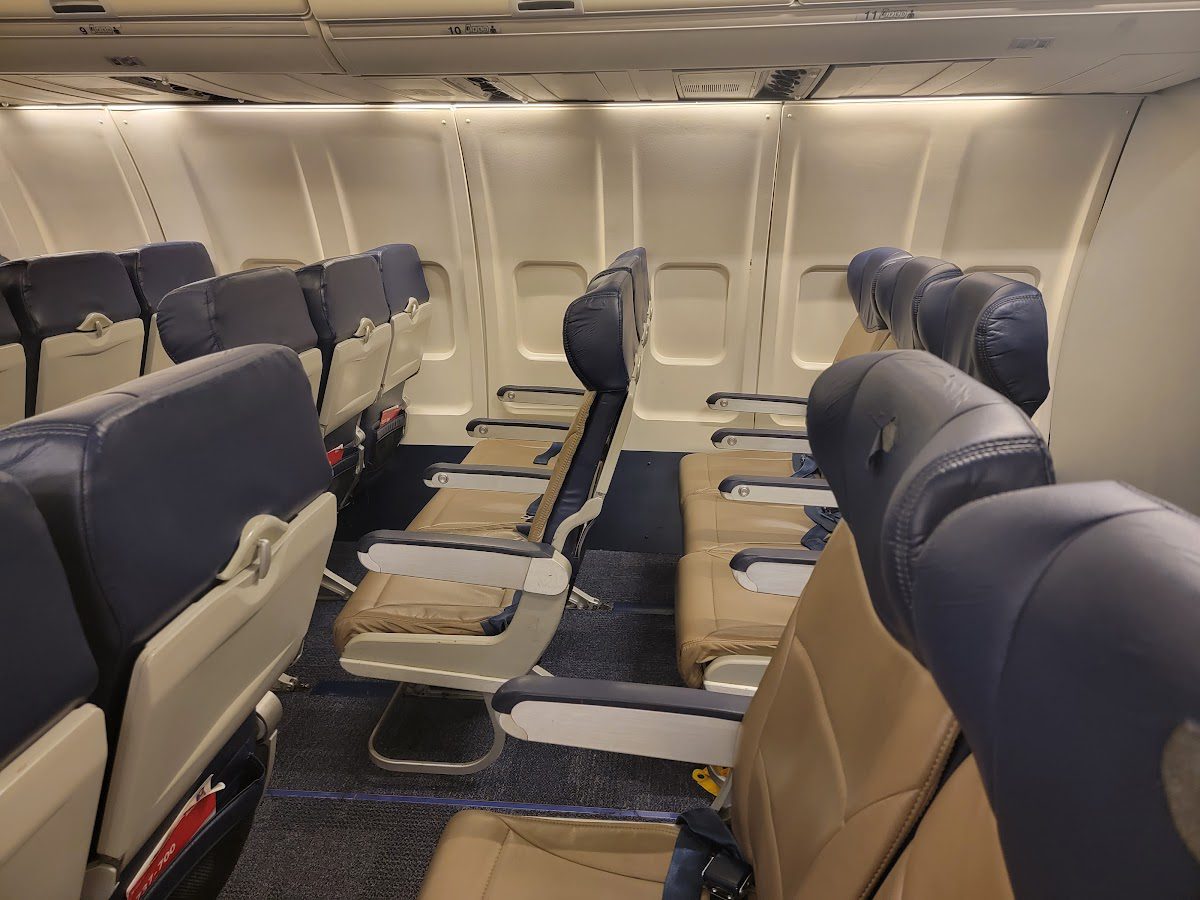
Delta is better for basic economy, so is JetBlue, both have screens and free wifi – United isn’t fully there yet.
Which Is The Best Premium Airline?
Delta ‘won’ New York by doing a deal for slots with US Airways at LaGuardia and United at New York JFK (and even got back the antitrust-mandated remedy slots awarded to WestJet as part of the US Airways deal, with the feds asleep at the switch). It’s increasingly dominant in Los Angeles over American and United. United largely won Chicago over American. Alaska is the clear winner in Seattle, having managed to prosper despite Delta’s building a hub there.
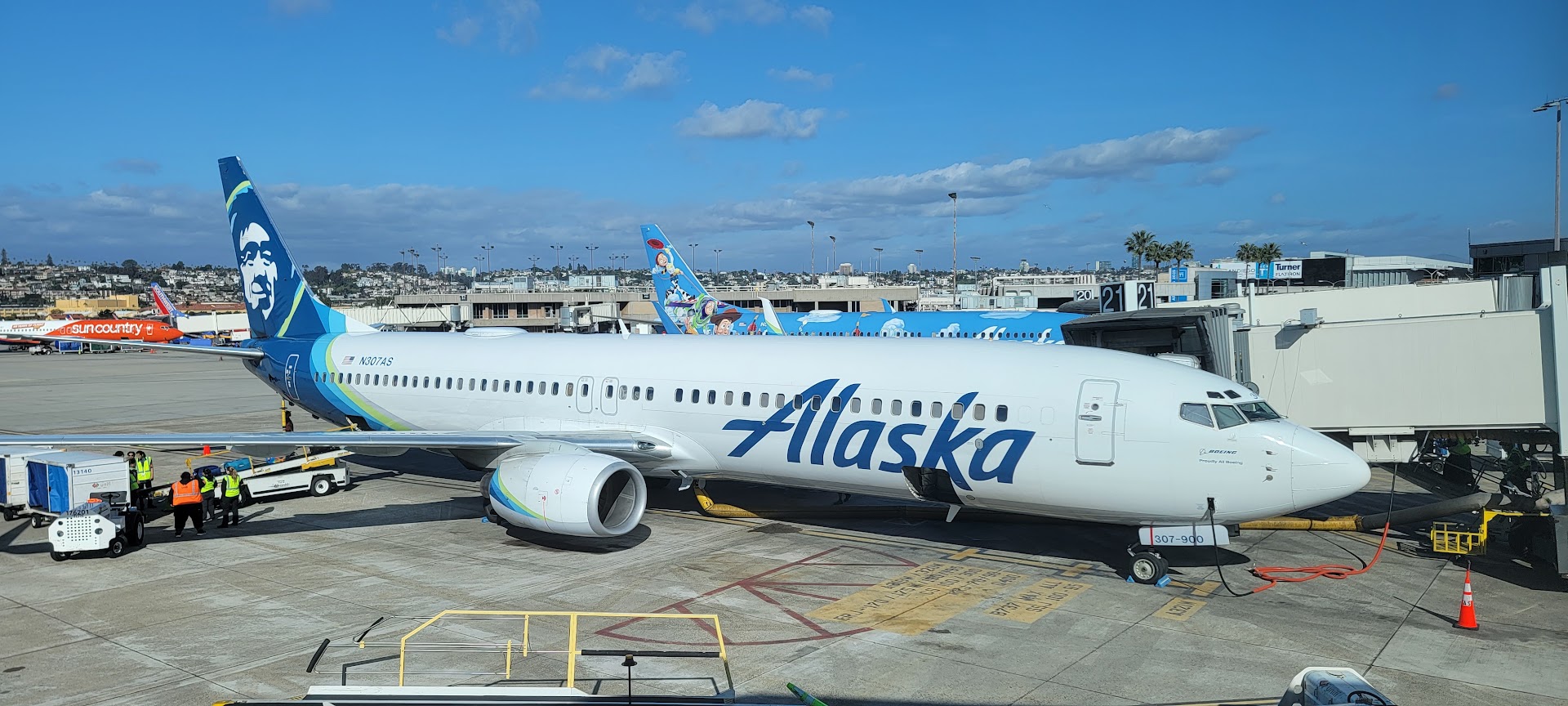
In competitive markets, Delta offers somewhat better reliability (though they’ve been slipping the past several months); marginally friendlier employees; better entry-level lounge provisioning (but often lines as a result); and a competitive international business class as long as you avoid Boeing 767s which have the worst product among U.S. carriers.
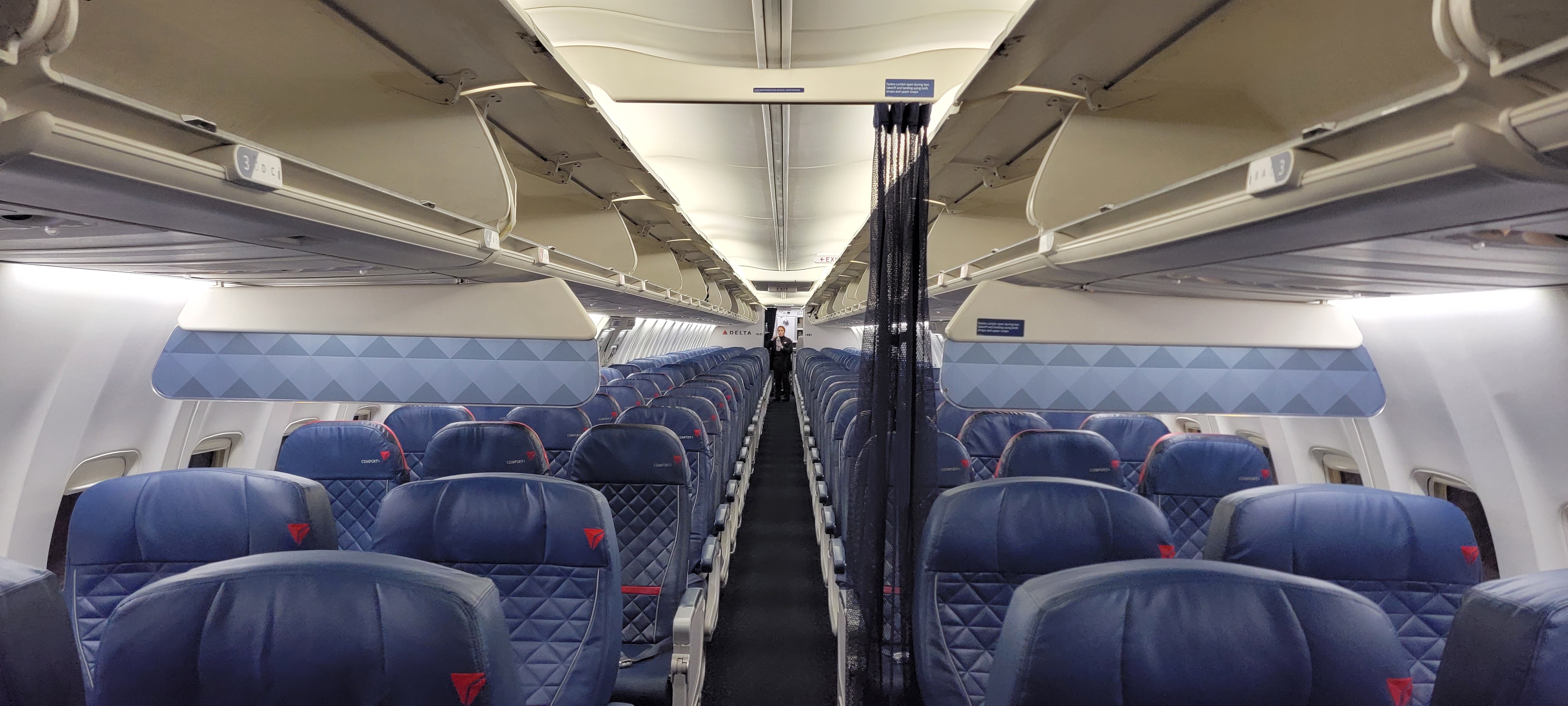
United is more reliable than it once was, but not as good as Delta. United crew aren’t as friendly as Delta’s (and Delta’s can be a mixed bag at times, even). United’s wifi is still paid on most planes, and not as good as Delta’s. United’s clubs, while improving, still lag Delta’s. United’s Polaris lounges are better than American’s Flagship lounges, and there are many more of them than Delta One lounges (which are nicer still). United has a better app.
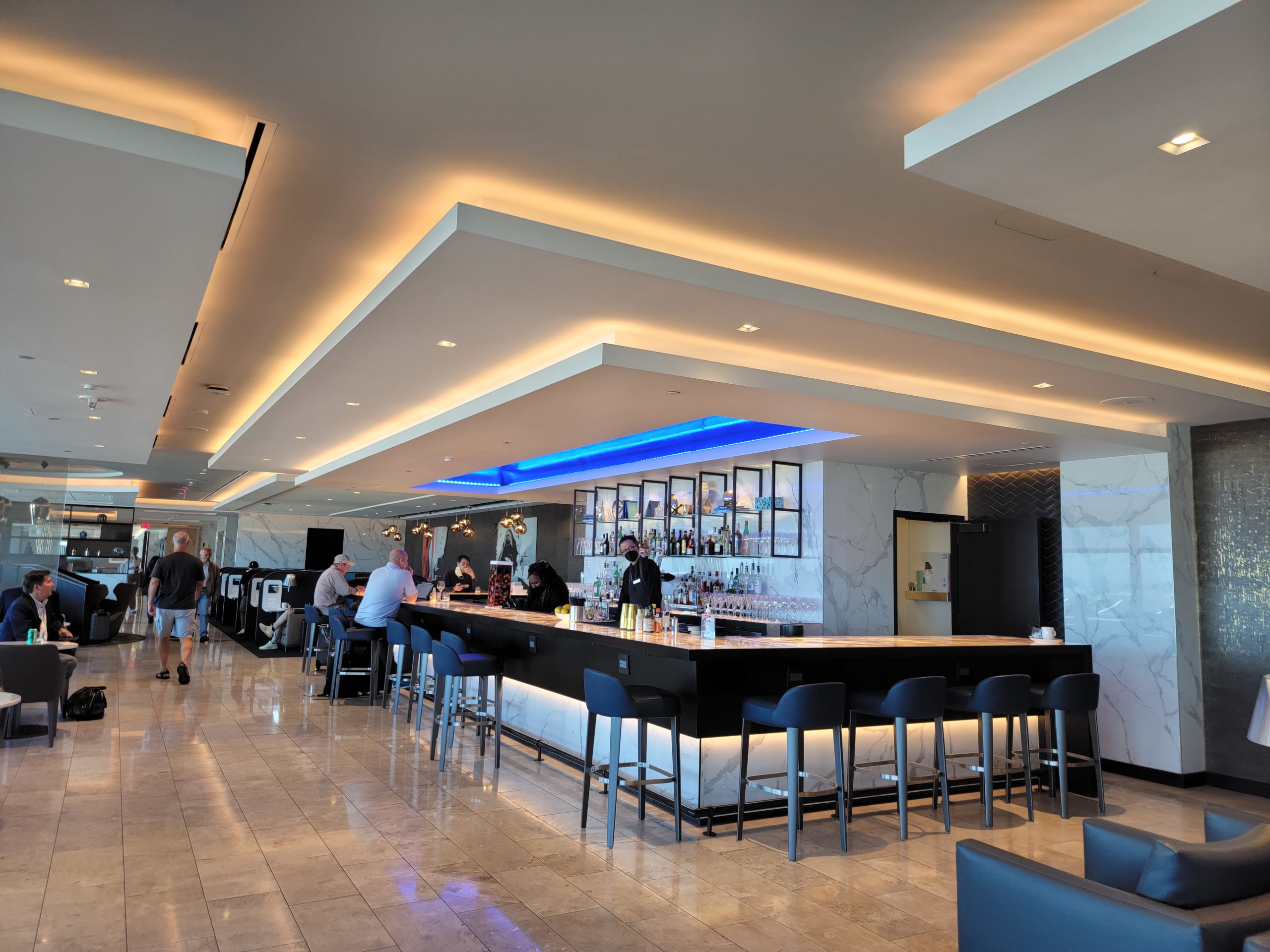
Polaris Lounge SFO
It’s a little bit strange that United is deemed a premium carrier, actually. They have a lot of premium seats. Their business class seat is ok, but not better than American’s. They have good business class bedding. And they are putting screens in coach, and starting to add free fast Starlink wifi. They also sell a decent amount of buy on board in coach, which is premium compared to American. Their wine program recently got a big upgrade.

Before the pandemic Delta really was on a path towards premium, rolling out coursed meals, welcome drinks, and hot towels in economy. That effort was abandoned and never restarted.
In terms of mileage programs, Delta’s is a dumpster fire. United’s is ok largely because of Star Alliance partnerships, but MileagePlus overcharges for awards (just compare pricing to their partner to the north Air Canada). American’s would be clearly better if they priced their own-metal business class awards reasonable or had more global partners – oneworld simply lags Star Alliance.
Across the Atlantic I’d fly Air France and KLM over Delta and United.

Delft Houses: KLM’s Departing Gift For Business Class Passengers
Domestically, the only true premium carrier is JSX but they aren’t in most markets.
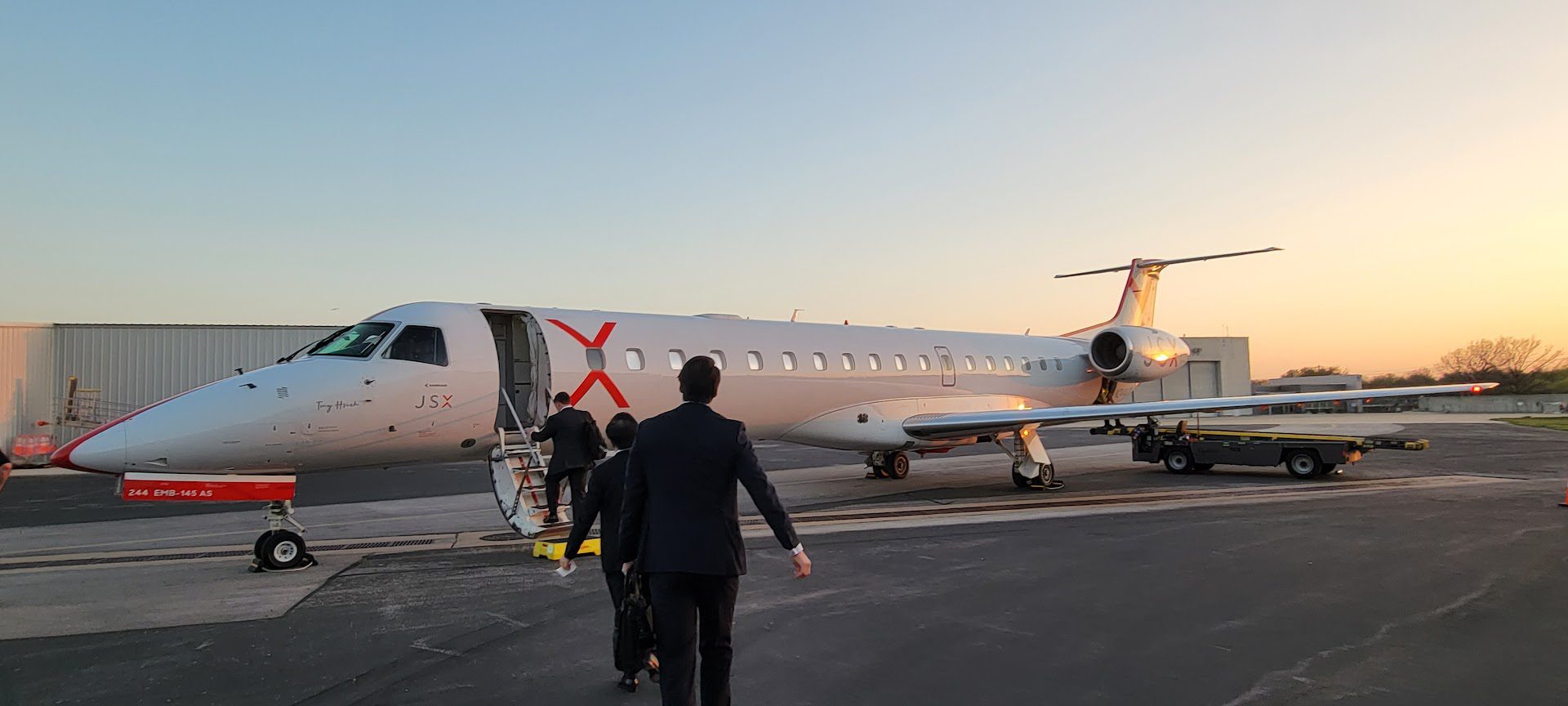
United is the ‘#2 premium carrier’ largely by American’s default. It will be tough for American to dig out, for cultural reasons, because they’re starting from so far behind, and as Kirby observed elsewhere in his session because American doesn’t have the same strength in the most premium markets like New York and Chicago (and also San Francisco).
